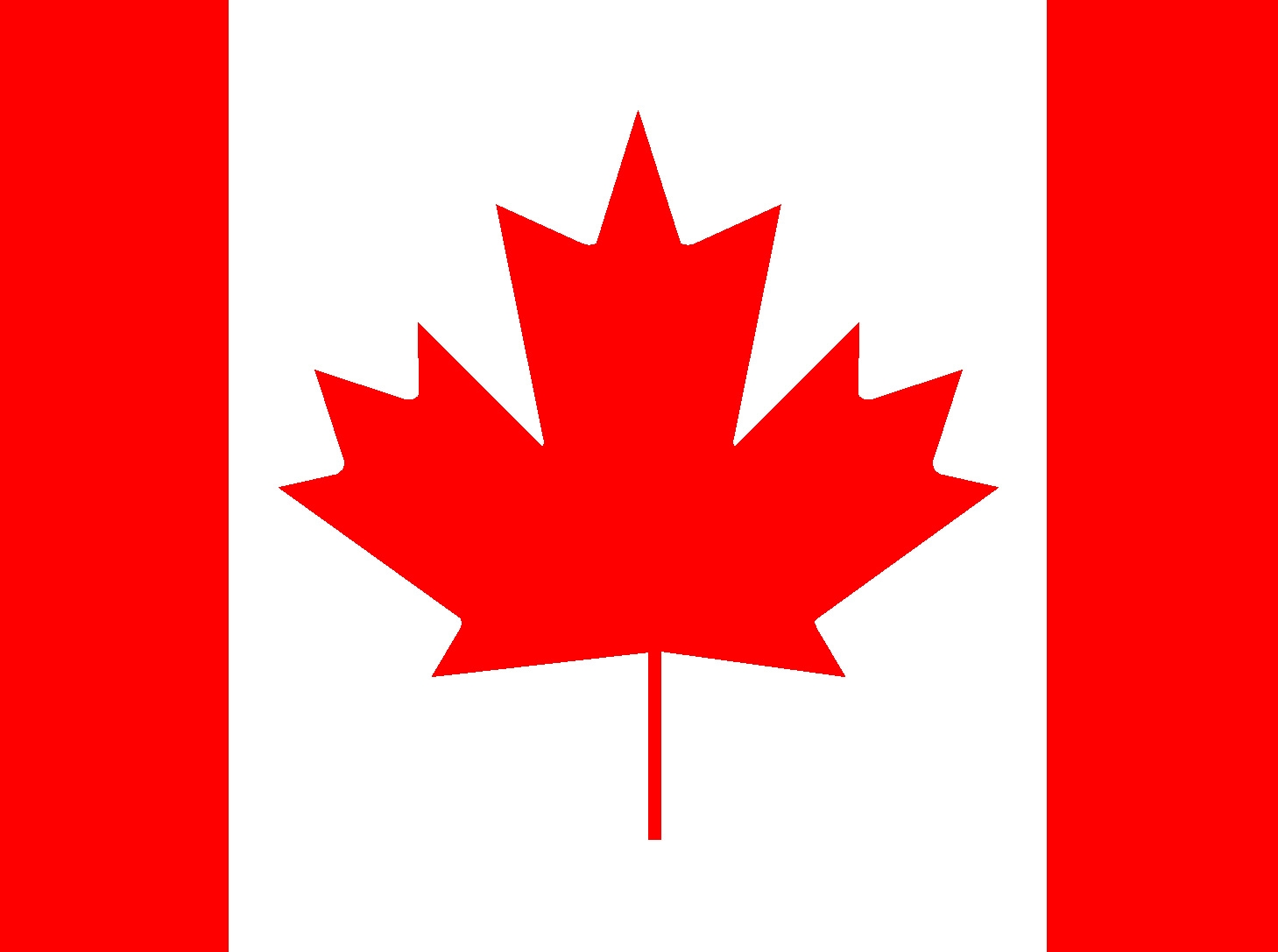Canada to apologize for abuse of aboriginal children in schools
 Montreal - Two years after the Canadian government reached a 1.9-billion-dollar settlement over the abuse of aboriginal children in special schools, the Canadian government was preparing to apologize later Wednesday for the mental, physical and sexual suffering that took place in compulsory schools which aimed to erase their indigenous culture.
Montreal - Two years after the Canadian government reached a 1.9-billion-dollar settlement over the abuse of aboriginal children in special schools, the Canadian government was preparing to apologize later Wednesday for the mental, physical and sexual suffering that took place in compulsory schools which aimed to erase their indigenous culture.
Prime Minister Stephen Harper was to deliver his formal apology to a special session of parliament at 1900 GMT, where opposition parties agreed to suspend normal business for the historic occasion.
One hundred native Canadians who attended the government-funded schools run by Christian churches were also expected to attend the ceremony in the House of Commons.
Canadas Indian Affairs Minister Chuck Strahl has hinted that the apology will be longer than the 3,874-word apology Australian Prime Minister Kevin Rudd gave earlier this year to Australias aborigines for their suffering in residential schools.
The United States government has yet to make similar overtures for its treatment of native Americans in the US version of residential schools.
From the late 19th century to 1970s, about 150,000 Canadian aboriginal, Inuit and Metis children were removed from their communities and forced to attend residential schools where they were forbidden to speak their native language or practice native spiritual traditions.
The church-run schools were established with the assumption that the aboriginal culture was unable to adapt to the "modern" world and the aboriginals stood a better chance of surviving if they converted to Christianity and learned to speak English or French.
But many students lived in substandard conditions and endured horrific mental, physical and sexual abuse at the hands of their guardians.
It is estimated that almost half of the children died of disease and malnutrition. Many native groups have called the residential school policy cultural genocide," which they blame for ongoing problems of higher-than-average suicide rates, drug abuse and alcoholism among Canadas aboriginal people.
Residential school survivor Willie Blackwater, who will be in the House of Commons on Wednesday afternoon, told the Canadian Broadcasting Corp that he hopes Harper's apology will be genuine.
"It's got to come from the heart," Blackwater told CBC. "That's where we as aboriginals talk from, it's from the heart. We will hear the difference."
The 53-year-old said he repressed memories of the rapes and beatings he endured at a residential school in Port Alberni, British Columbia, for decades before speaking out. The testimony he finally provided helped lead to the conviction of his former dormitory supervisor in 1995.
As part of the 1.9-billion-dollar Indian Residential Schools Settlement Agreement in 2006, the Canadian government formed the Truth and Reconciliation Commission similar to the Truth and Reconciliation Commission in South Africa.
The money was paidd out to tens of thousands of adults who survived the schools. (dpa)